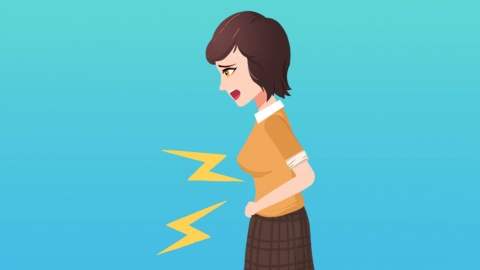Can cholecystitis cause diarrhea?
Generally, whether cholecystitis causes diarrhea depends on the stage of the disease and the status of digestive function. Diarrhea may occur during acute episodes or when chronic cholecystitis affects bile secretion and excretion; however, when the condition is stable, bile secretion and excretion are normal, and digestive function is unaffected, diarrhea typically does not occur. It is recommended to seek medical attention promptly for a professional evaluation of the condition. Detailed analysis is as follows:

If cholecystitis is in an acute phase, inflammation of the gallbladder may reduce bile secretion or obstruct its flow. Since bile plays a crucial role in fat digestion, insufficient bile leads to incomplete digestion of dietary fats, which can accelerate intestinal motility and result in diarrhea. The stool is often loose or watery and may be accompanied by bloating, abdominal pain, and other discomforts.
If the cholecystitis is stable, with well-controlled inflammation and restored bile secretion and excretion, and if intestinal digestive function remains intact, diarrhea usually does not occur. In such patients, provided their daily diet does not contain excessive high-fat foods, intestinal motility and digestion proceed normally, bowel movements remain regular, and there are no significant signs of diarrhea.
Patients with cholecystitis should pay attention to dietary management in daily life, avoiding high-fat and greasy foods such as fried foods and fatty meats, to reduce the digestive burden on the intestines and prevent diarrhea.




